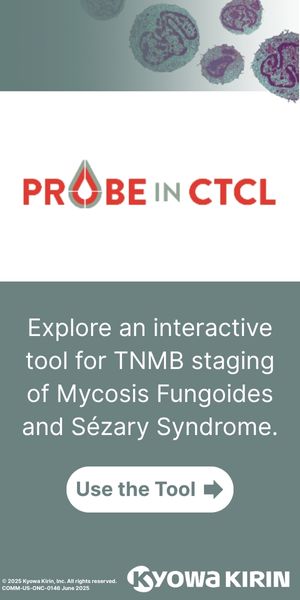Pam Vig, PhD, Head of Research & Development at Mirum Pharmaceuticals, discusses how the approval of maralixibat has changed the management of Alagille syndrome.
Alagille syndrome is a genetic disorder that can affect the liver, heart, skeleton, eyes, and kidneys. Liver damage caused by cholestasis is a major feature of the disease. Bile ducts may be narrow, malformed, or fewer in number. As a result, bile builds up in the liver and causes scarring. Signs and symptoms may include jaundice, poor weight gain and growth, and severe pruritus that generally presents in infancy or early childhood.
Last year, the FDA approved maralixibat (Livmarli), the first-ever treatment for cholestatic pruritus in patients with Alagille syndrome. As Dr. Vig explains, prior to the approval, the management of Alagille syndrome involved the off-label use of drugs including antihistamines, rifampin, ursodeoxycholic acid, and cholestyramine. Unfortunately, these drugs did not address the severe pruritus experienced by these patients, which is often so bad patients undergo a liver transplant in order to get relief. As maralixibat is an ileal bile acid transporter (IBAT) inhibitor, it is thought to improve cholestatic pruritus in patients with Alagille syndrome by decreasing reuptake of bile salts. Maralixibat is also thought to reduce xanthomas, potentially debilitating deposits of cholesterol that are often near the joints, in patients with Alagille syndrome.
Recently, Mirum Pharmaceuticals presented analyses of maralixibat at the North American Society for Pediatric Gastroenterology, Hepatology and Nutrition (NASPGHAN) 2022 Annual Meeting. Overall, these presentations provide further evidence of maralixibat’s long-term safety and efficacy; the effect of maralixibat on critical liver parameters and improvements in growth; and the impact on caregivers of children living with Alagille syndrome, including the economic effect on the family.
To learn more about Alagille syndrome and other rare metabolic diseases, visit checkrare.com/diseases/metabolic-disorders/

